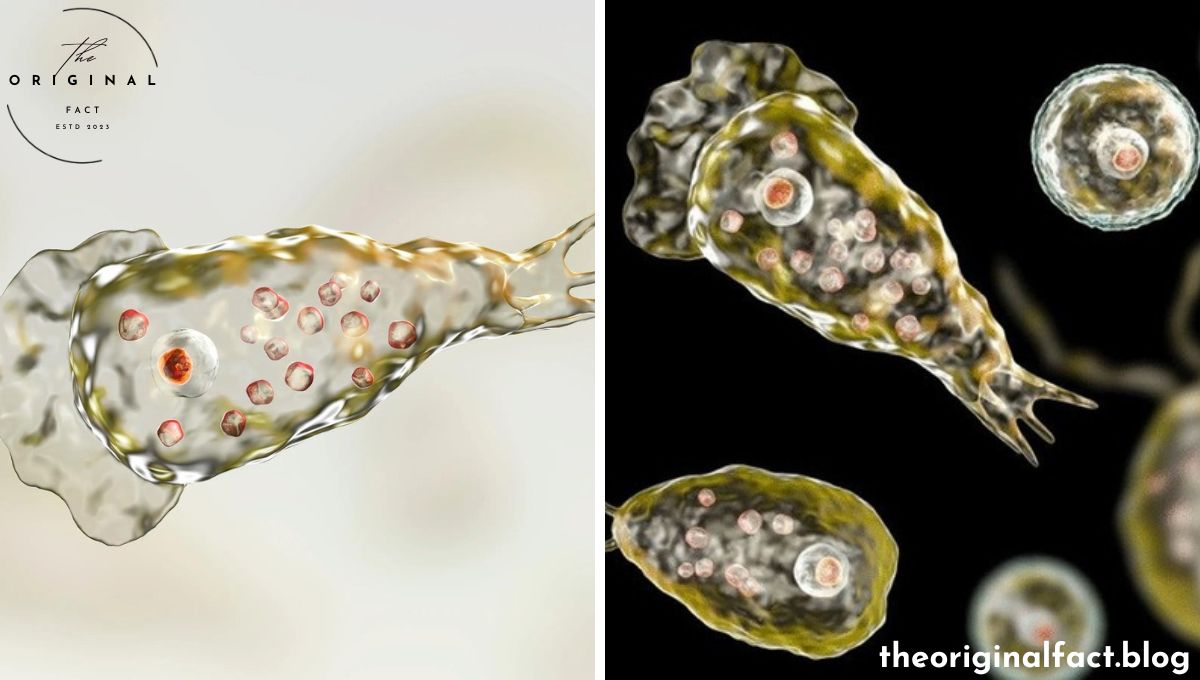Naegleria Fowleri
Naegleria fowleri is the amoeba commonly referred to as the deadly brain-eating amoeba, a single-celled, free-living ameba. It claimed one more life in Karachi, bringing up the total number of deaths caused by it to five in Sindh this year, according to the Sindh Health Department.
The latest casualty, a 19-year-old resident of Karachi’s East district, was admitted to a hospital for the last 12 days to fight severe symptoms pertaining to the infection. The patient received treatment; however, he succumbed to his disease on Tuesday afternoon. The death in Karachi and Sindh this year counts to fourth and fifth, respectively, as one death occurred in Hyderabad.
In June, the National Institute of Health issued an advisory against the growing number of cases caused by Naegleria fowleri, an amoeba that has been a known public health menace in Pakistan since 2008.
The advisory listed the symptoms as high fever, headache, vomiting, and neck stiffness while warning that, in the advanced stages of the disease, the infection could lead to coma. The NIH, however, said something particularly noteworthy: “Properly chlorinated water does not allow Naegleria fowleri to thrive. In fact, this amoeba poorly survives in adequately treated water”.
Health officials have, therefore, exhorted the public to be alert and ensure that water intake for whatever purpose is sufficiently treated enough to avert further cases of this killer infection.
To Read More News: Click Here

